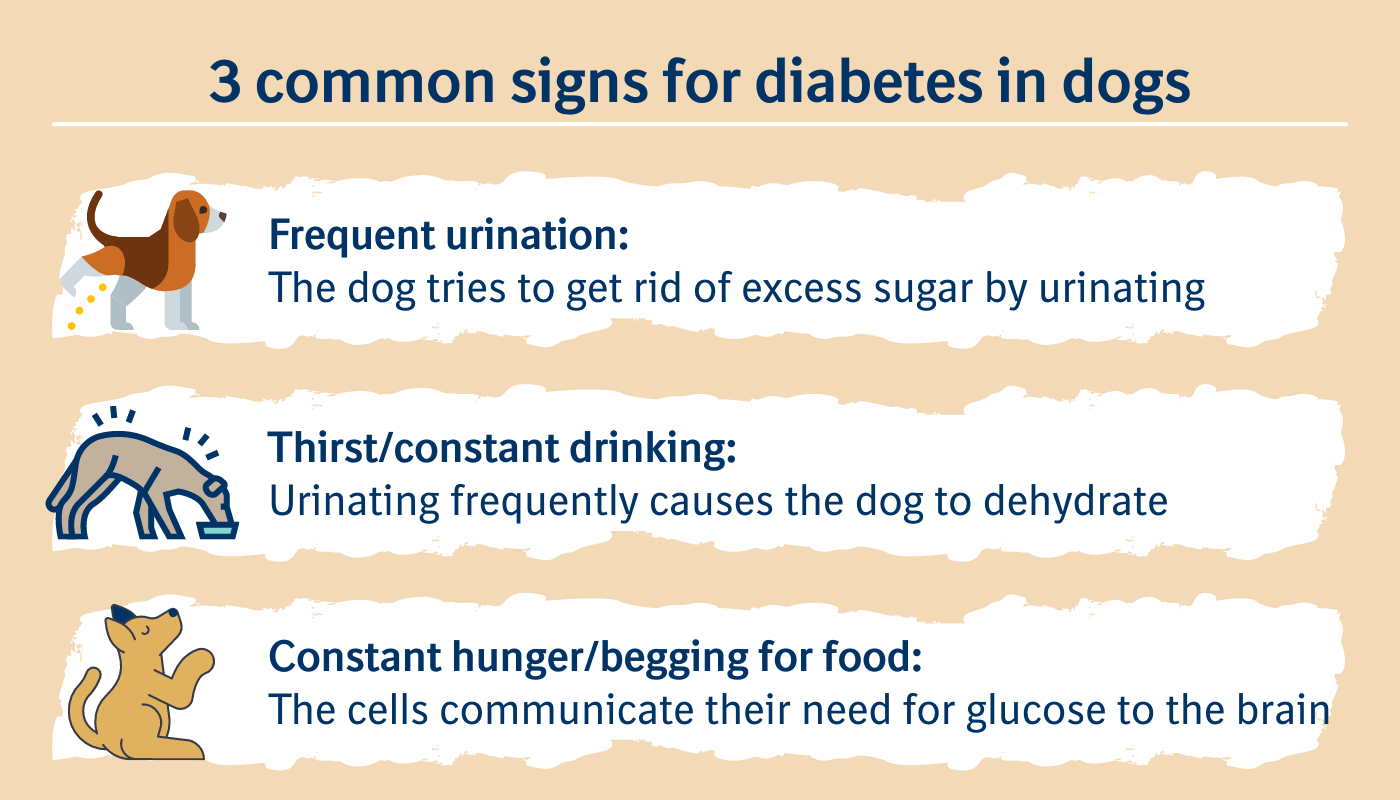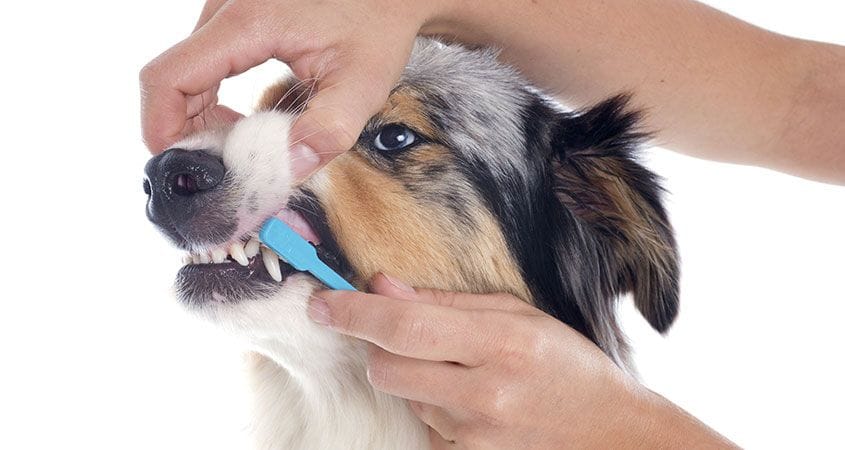Key Takeaways:
- 1. Dogs should not consume large amounts of sugar as it can lead to weight gain and obesity.
- 2. Sugar can cause dental problems in dogs, such as tooth decay and gum disease.
- 3. High sugar intake can increase the risk of diabetes in dogs.
- 4. Some artificial sweeteners, like xylitol, are toxic to dogs and can be life-threatening if ingested.
- 5. It is best to limit or avoid giving sugary treats to dogs and opt for healthier alternatives instead.
Introduction:
Do you love spoiling your furry friend with treats? Have you ever wondered if it's safe to share your sugary snacks with your dog? Well, get ready to uncover the surprising truth about whether dogs can eat sugar. This topic is not only fascinating but also essential for every dog owner to understand. By diving into this subject, you'll gain valuable insights that will help you keep your beloved pet healthy and happy. So, let's explore the world of sugar and dogs together, and discover what lies beneath those sweet cravings. Get ready for a mind-opening journey that will forever change the way you treat your four-legged companion!
What happens when dogs eat too much sugar?
When dogs eat too much sugar, it can have negative effects on their health. Just like humans, dogs can experience a spike in blood sugar levels after consuming sugary treats. This can lead to an energy rush followed by a crash, making them feel tired and lethargic. In some cases, excessive sugar intake can even cause digestive issues such as diarrhea or upset stomach.
In addition to short-term effects, consuming too much sugar over time can also contribute to weight gain in dogs. This is because sugary treats are often high in calories and provide little nutritional value. Obesity in dogs can lead to various health problems like joint pain, heart disease, and diabetes.
Effects of Excessive Sugar Intake:
- Spike in blood sugar levels
- Energetic behavior followed by fatigue
- Potential digestive issues
- Possible weight gain and obesity
- Risk of developing health problems like diabetes
Dogs should have a balanced diet that includes appropriate amounts of protein, fats, and carbohydrates. While small amounts of natural sugars found in fruits or vegetables are generally safe for dogs, it's important to avoid feeding them sugary snacks or desserts meant for human consumption.
Are sugary treats safe for dogs to eat?
Sugary treats may taste delicious to us humans, but they are not the best choice for our furry friends. While small amounts of natural sugars from fruits or vegetables are generally safe for dogs, highly processed sugary snacks designed for human consumption should be avoided.
Feeding your dog sugary treats regularly can lead to various health issues such as obesity, dental problems, and even diabetes. Dogs have different dietary needs than humans, and their bodies are not designed to handle large amounts of sugar.
Instead of sugary treats, it's best to opt for healthier alternatives that are specifically made for dogs. There are many dog-friendly snacks available in pet stores or online that are low in sugar and provide more nutritional value. These treats are often made with ingredients like lean meats, fruits, and vegetables, which can be much better for your dog's overall health.
Risks of Feeding Dogs Sugary Treats:
- Potential weight gain and obesity
- Increase the risk of dental problems
- Possible development of diabetes
- Nutritional imbalance due to empty calories
Can sugar make dogs sick or cause weight gain?
Yes, excess sugar consumption can make dogs sick and contribute to weight gain. When dogs consume too much sugar, their blood sugar levels can spike rapidly. This sudden increase in blood sugar can lead to a surge in energy followed by a crash, making them feel tired and unwell.
Sugary treats often contain high amounts of calories without providing essential nutrients. Regularly feeding your dog these calorie-dense snacks can result in weight gain over time. Obesity in dogs is associated with a higher risk of various health problems such as joint issues, heart disease, and diabetes.
To keep your dog healthy and maintain an ideal weight, it's important to provide them with a balanced diet that includes appropriate amounts of protein, fats, carbohydrates, vitamins, and minerals. Avoiding excessive sugar intake is crucial for their overall well-being.
Effects of Excessive Sugar Consumption:
- Spike in blood sugar levels
- Feeling tired and lethargic
- Possible digestive issues like diarrhea
- Potential weight gain and obesity
- Risk of developing health problems like diabetes
How does sugar affect a dog's teeth and overall dental health?
Sugar can have a negative impact on a dog's teeth and overall dental health. When dogs consume sugary treats, the sugar mixes with bacteria present in their mouth to form plaque. Over time, if the plaque is not properly removed through regular brushing or professional cleaning, it can harden into tartar.
Tartar buildup can lead to various dental problems such as gum inflammation (gingivitis) and periodontal disease. These conditions can cause pain, bad breath, tooth loss, and even infections that may spread to other parts of the body.
To maintain good dental health for your dog, it's important to limit their sugar intake and provide appropriate dental care. Regular brushing with a dog-friendly toothpaste, providing dental chews or toys designed to promote oral hygiene, and scheduling regular check-ups with a veterinarian are all essential steps in ensuring your dog's teeth stay clean and healthy.
Effects of Sugar on Dental Health:
- Plaque formation due to sugar mixing with mouth bacteria
- Tartar buildup if plaque is not removed
- Gum inflammation (gingivitis)
- Potential development of periodontal disease
- Tooth loss and risk of infections spreading
Are there natural alternatives to sugary snacks for dogs?
Absolutely! There are plenty of natural alternatives to sugary snacks that you can offer your dog. Fruits and vegetables can make great healthy treats for dogs, as long as they are safe for canine consumption.
Some fruits that dogs can enjoy in moderation include apples (without seeds), bananas, blueberries, and watermelon (seedless). These fruits provide natural sugars along with beneficial vitamins and antioxidants. Vegetables like carrots, green beans, and sweet potatoes can also be given as treats, either raw or lightly cooked.
It's important to remember that while these natural alternatives are healthier than sugary snacks, they should still be given in moderation. Too much of any food can upset a dog's stomach or lead to weight gain. Always consult with your veterinarian about the best treats and portion sizes for your specific dog.
Natural Alternatives to Sugary Snacks:
- Apples (without seeds)
- Bananas
- Blueberries
- Watermelon (seedless)
- Carrots
- Green beans
- Sweet potatoes
Signs that a dog may have consumed too much sugar
If your dog has consumed too much sugar, there are some signs you can look out for. Keep in mind that these signs may vary depending on the individual dog and the amount of sugar ingested.
One common sign is increased hyperactivity or restlessness followed by sudden fatigue. Dogs may also exhibit digestive issues such as diarrhea or vomiting after consuming excessive amounts of sugar. Additionally, frequent urination and increased thirst can indicate high blood sugar levels.
If you notice any unusual behavior or symptoms in your dog after they have consumed sugary treats, it's best to consult with a veterinarian. They can provide guidance and determine if any further action needs to be taken to ensure your dog's health and well-being.
Signs of Excessive Sugar Consumption:
- Increased hyperactivity followed by fatigue
- Digestive issues like diarrhea or vomiting
- Frequent urination and increased thirst
- Unusual behavior or symptoms
Signs that a dog may have consumed too much sugar
1. Increased thirst and urination
When a dog consumes excessive amounts of sugar, it can lead to increased thirst and more frequent urination. This is because sugar acts as a diuretic, causing the body to produce more urine. If you notice your dog drinking water excessively or needing to go outside to urinate more often than usual, it could be a sign that they have consumed too much sugar.
2. Weight gain
Just like humans, dogs can gain weight when they consume too much sugar. Sugary treats and foods are often high in calories, which can contribute to weight gain if not balanced with regular exercise. If you notice your dog's waistline expanding or their ribs becoming harder to feel, it may be time to cut back on the sugary snacks.
3. Dental problems
Sugar can also have negative effects on a dog's dental health. When dogs consume sugary foods, bacteria in their mouths feed on the sugars and produce acids that can erode tooth enamel and lead to cavities. If you observe bad breath, yellowing or discolored teeth, or signs of pain while eating, it could indicate dental issues caused by excessive sugar consumption.
How to reduce your dog's sugar intake:
To ensure your furry friend stays healthy and avoids the negative effects of consuming too much sugar, here are some tips:
- Choose treats and food with low sugar content: Look for pet products that are specifically labeled as low in sugar or made with natural sweeteners like applesauce or honey.
- Limit table scraps: Avoid giving your dog leftover human food that may contain hidden sugars.
- Opt for fresh fruits and vegetables: Instead of sugary treats, offer your dog small portions of fresh fruits and vegetables as a healthier alternative.
- Regular exercise: Engage your dog in regular physical activity to help burn off excess calories and maintain a healthy weight.
Remember, it's important to consult with your veterinarian before making any significant changes to your dog's diet. They can provide personalized advice based on your dog's specific needs and health condition.
In conclusion, it is not recommended to feed dogs sugar. Sugar can cause health problems for dogs such as obesity, dental issues, and even diabetes. It is best to stick to a balanced diet that meets their nutritional needs without including sugary treats.
What happens if dogs eat sugar?
However, table sugar and artificial sweeteners are not naturally consumed by dogs. If a dog consumes granulated sugar, it can lead to stomach issues and disrupt the balance of gut bacteria. Symptoms may include vomiting, diarrhea, gas, and discomfort.
Do dogs love sugar?
Dogs, like humans, enjoy sweet flavors. While they have fewer taste buds than humans, they can still taste sweetness and develop a craving for sugary foods. However, this doesn't necessarily mean that sugar is always harmful to dogs.
Is sugar bad for pets?
Excessive sugar consumption can have similar negative effects on dogs as it does on humans. It can contribute to weight gain, dental issues, and even the development of diabetes in dogs.
How much sugar can hurt a dog?
As a general rule, it is not recommended for dogs to consume sugar. While dogs can safely eat foods that naturally contain sugar, such as fruits and vegetables, it is important for pet owners to avoid giving their dogs food products that contain added sugar. Regular consumption of sugar can lead to weight gain and can have negative effects on the functioning of organs and metabolic processes in dogs.
Can dogs eat peanut butter?
The great thing is that you can give your dog regular peanut butter as a treat without any worries. Just be cautious of peanut butter that contains Xylitol, a sugar substitute that can be found in low or sugar-free versions. Xylitol is the only ingredient in peanut butter that can be harmful to dogs.
Can dogs eat popcorn?
In moderation, dogs can safely consume plain, air-popped popcorn. However, popcorn with butter or other toppings should not be regularly given to dogs. Occasional consumption of a few stray pieces is unlikely to harm them.

















